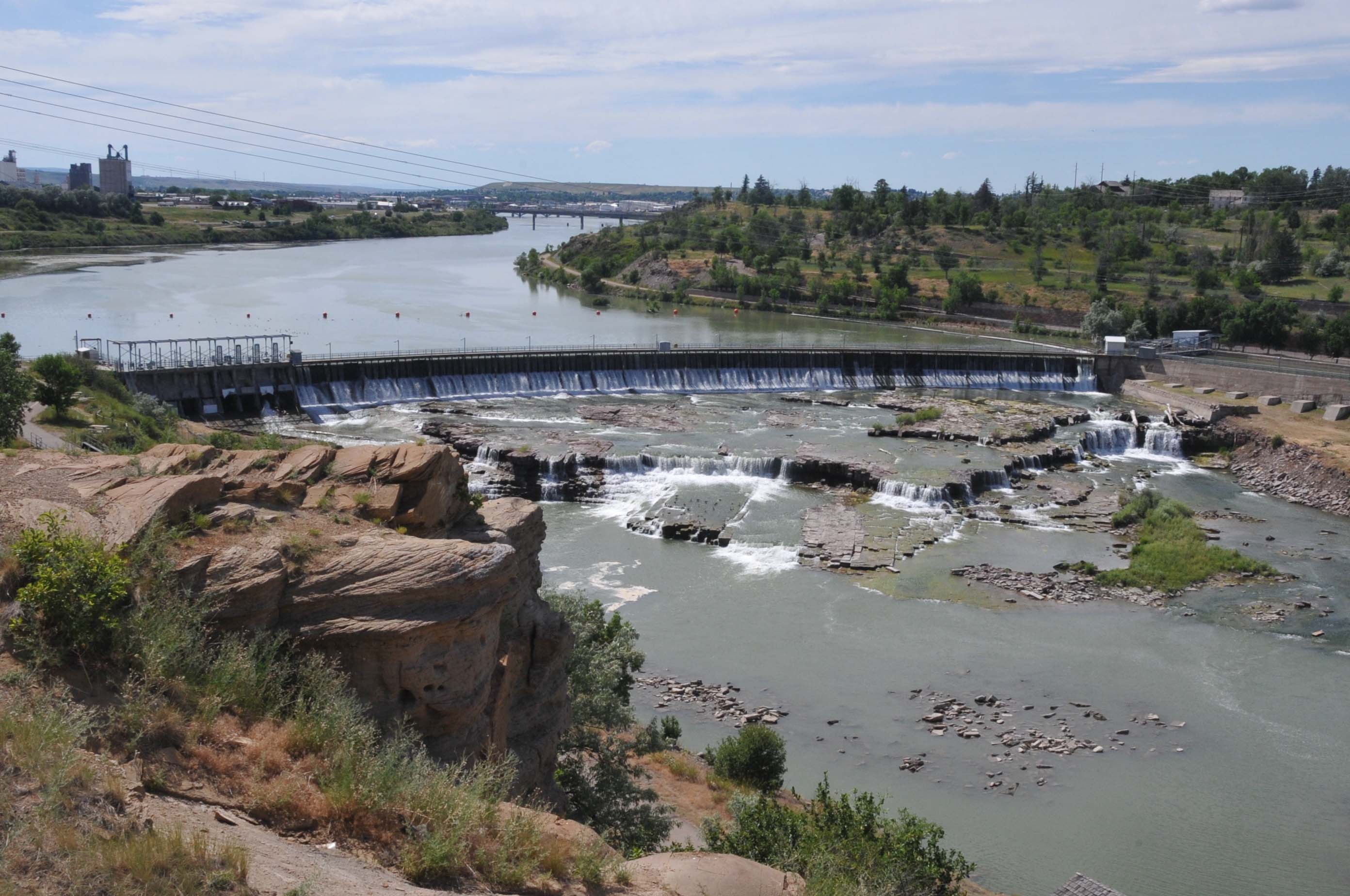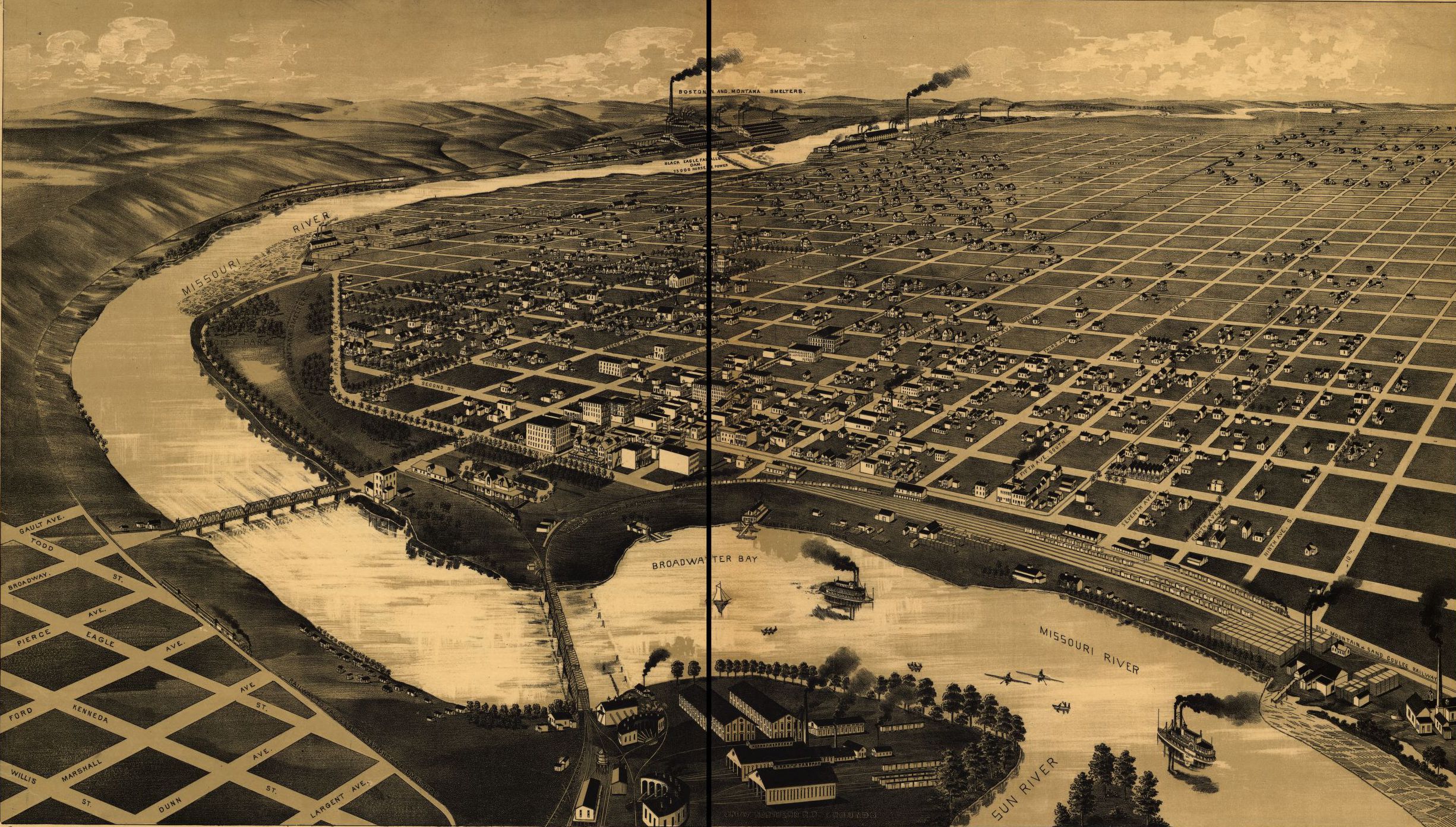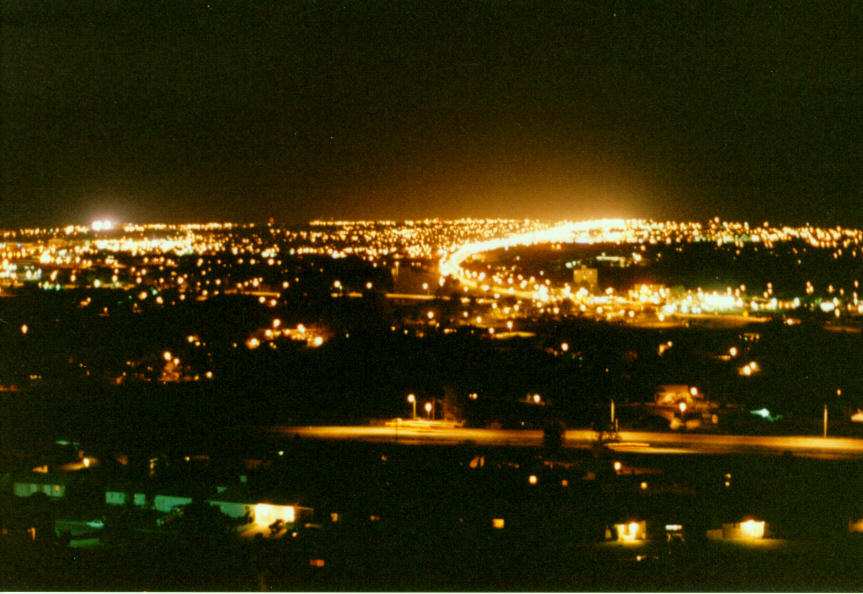Read Part 1 here. Read Part 2 here. Recently, my wife and I have been looking into a potential job opportunity in Helena. While I haven’t been interviewed yet, it has given us the opportunity to explore what moving back to Montana would look like. We have visited Kalispell, which has grown to be massive…
Author: Scott Miller
Originally from Great Falls, MT, Scott is a student at Briercrest College and Seminary in Caronport, Saskatchewan, member of the Montana Army National Guard, and a proud Montana native.
(Pictured with wife Angie)
Great Falls: One Young Person’s View, Part 2
Read Part 1 here. When I graduated high school in 2015, I left Great Falls for the Army National Guard, and spent a year in South Carolina, Georgia, and Virginia, before coming back to Montana in 2016. In 2016, I spent a year driving school buses with Big Sky Bus Lines and trying to figure…
Great Falls: One Young Person’s View, Part 1
I know many of us have been there when we were young: I can’t wait to leave my hometown! I remember being a young teenager thinking that Great Falls was boring. However, when I turned sixteen, I discovered hunting and fishing—or generally speaking: the outdoors. Suddenly, Great Falls wasn’t so bad. I remember the best…




